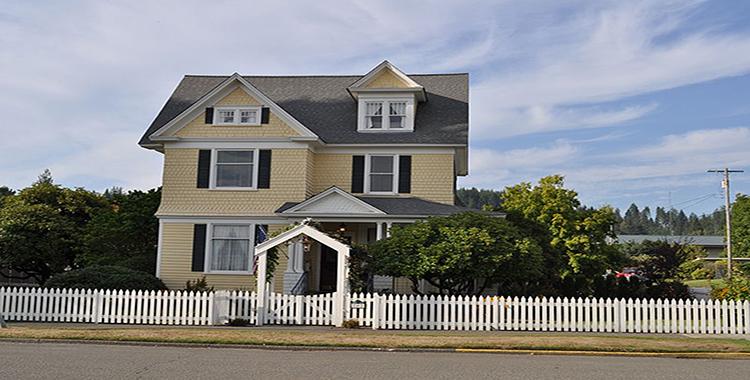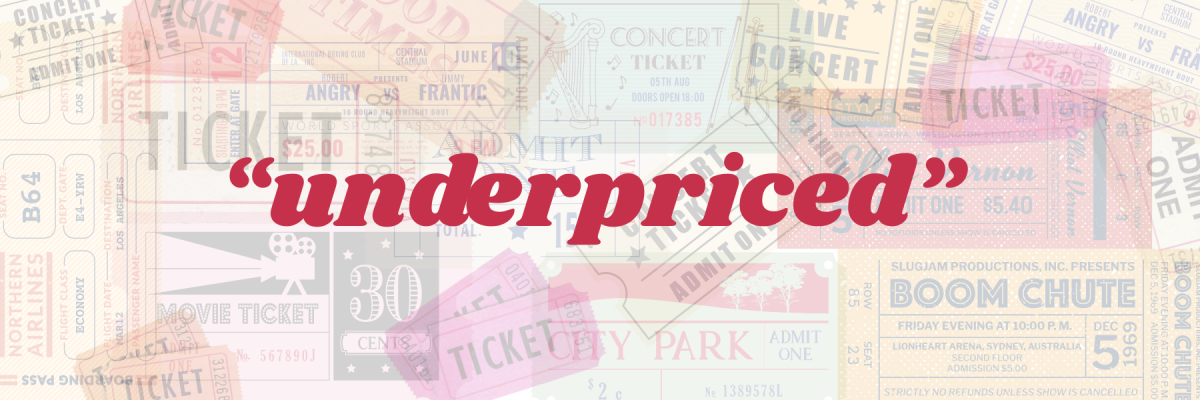As we enter 2013, homeowners are relieved to put 2012, and the bottomed-out real estate prices that came with it, in the rear view mirror. The bottoming-out came five years after real estate prices peaked at an all-time high, and then the market began to unravel. The bursting of the housing bubble is credited as being a major factor in the recent recession, which hit in 2007, and the sector has continued to struggle throughout the economic downturn.
Many have had a finger on the pulse of the real estate market in the hopes of a recovery, and as a sign to the end of the recession. For good reason, too: housing has been a major investment for millions of Americans, and has even become a major status symbol. Many leaders, politicians, and economists hold up home ownership rates as a measure of economic health and success.
However, home ownership comes at a great cost – not just to the homeowner, but also to the whole country. Owning a house has been ingrained in the American mind as one of life’s necessities, and also makes for a great bargaining chip in our leader’s hands. Subsidies, regulations, and intense marketing strategies have been inflating housing costs for decades.
I would go so far as to say that the housing bubble is still very much a reality and we have not truly bottomed out. It is because of our pro-ownership policies that housing is such an economic drain. My desire is not to incite economic harm to those who chose to buy a house and seek their green carpet lawn and white picket fence. However, I feel we must acknowledge that we need to stop causing economic harm to society and racking up more government debt.
Since Franklin D. Roosevelt signed the New Deal, the United States has been subsidizing home ownership through low-interest mortgages, tax credits, and various other tactics. According to a New York Times op-ed, the US spends $100 billion annually to subsidize home ownership and is set to lose $700 billion in taxes over a five-year period from 2009 to 2014 as a result of deductions. This doesn’t even include the costs of expansive infrastructure networks necessary to support sprawling suburban development.
Home ownership is also subsidized in that urban development has been crippled by regulations and limitations. From zoning and land use laws, to height restrictions, to density limits, to laws on shadows and wind impacts: urban real estate developers must jump through hoops in order to provide what should be the cheaper housing option. This elevated cost of urban living forces many into the far-flung suburbs of a metropolitan area, where regulations are fewer and artificially cheaper housing dots the landscape.
These policies cause harm to society, as they raise the cost of living to levels higher than they should be. So why do these policies continue to exist? Those who already own a home will fight tooth and nail to continue using your money to benefit their financials. There are also many mega-developers out there who profit by large margins due to the artificially increased cost of housing, despite no change in the cost of construction.
I advocate for less government in real estate on economic and moral grounds. It is unjust that we make many suffer, particularly the poor, through inflated living costs and a lack of naturally affordable housing. By removing subsidies and regulations, we can help close our deficits, allow for a fairer playing field financially, and benefit society as a whole.








The Suffolk Journal • Jan 25, 2013 at 4:00 pm
[OPINION] Government subsidies and regulates harm housing market http://t.co/LgUUO2Ip (by A.P. Blake)
Roderick W. Hunnicut • Jan 23, 2013 at 11:41 pm
Government subsidies and regulations harm housing market: As we enter 2013, homeowners are relieved to put 2012,… http://t.co/Jh6yEqvL
Roderick W. Hunnicut • Jan 23, 2013 at 11:41 pm
Government subsidies and regulations harm housing market: As we enter 2013, homeowners are relieved to put 2012,… http://t.co/Jh6yEqvL